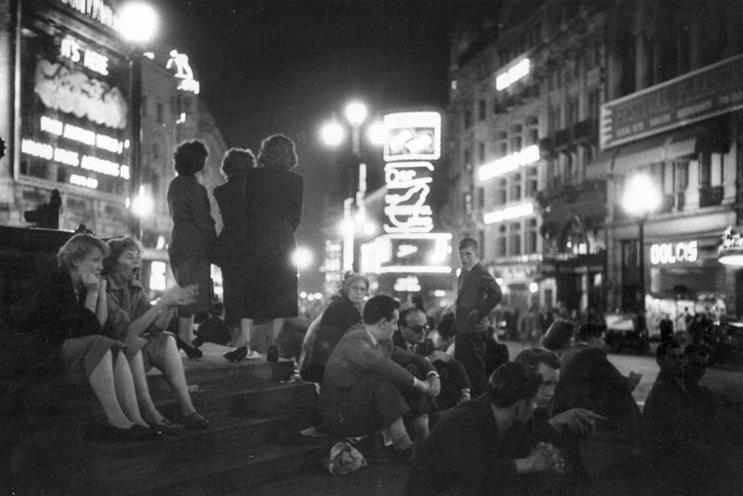How well do we know the Great British public? The answer is maybe not as well as we think.
In order to change that, it’s time for us to get a bit uncomfortable.
One of the eternal occupational hazards for a comms planner is being led astray by received wisdom and old stereotypes. Our sense of what makes other people tick tends to be fed by what we feel to be true, and while our human instinct is clearly our most powerful tool in the crafting of insight, it is not always the most accurate.
"But what about all the consumer data we have?" I hear you cry. Of course data provides an increasingly high definition image of the lives of others, but it’s still our instinct and empathy that navigates us to the fundamental insight that unlocks a great idea or solution.
Britons today aspire to a more unified culture
Therein lies another hazard – that of confirmation bias, and the often un-checked impulse to gravitate towards data and information that confirms what we already believe to be true, rather than challenging or evolving our beliefs.
In addition to all that, we must always account for the fact that us ad folk are not really a representative sample of the population as a whole.
The last year has made the UK somewhat culturally volatile and in that context, people are changing how they identify themselves and others around them. We also occupy a media environment that is striving to serve the individual on one hand, but can also editorially group and divide us on the other.
The tectonic plates that underlie social culture are always in motion and we have recently experienced something of a tremor. It’s time to ask if some of our basic instincts and beliefs about the great British public are still true.
We should actively seek to refresh our instinctive understanding of, and empathy with, our fellow country folk by getting uncomfortable with data
In this new cultural context, it’s never been more important for planners to address assumptions or received "truths" about people. Now is the time to seek a fresh insight into the real values that unite and drive people.
We should actively seek to refresh our instinctive understanding of, and empathy with, our fellow country folk by getting uncomfortable with data. By that I mean shifting the focus from looking for information to back up hypotheses (if you go looking for data to back up anything, you will find it), to seeking the objective truth of now – however that may sit with our current thinking.
We should not seek to accumulate an intimate understanding of people over time, but instead, seek to understand them best right here, right now. Accepting that we may not have been focusing on the most important thing for our audience is never a good feeling, but may well be the thing that saves your brand’s relationship with them.
A great rallying cry to this cause comes in the form of – challenging, as it does, old notions of socio-economic definition or division, and revealing how Britons today aspire to a more unified culture. While it confirms the ever-important role that community plays in our lives, it also shows that values like authenticity, giving back and graft are what can really unite people these days, rather than age or socio-economic group.
Alongside a thorough quantitative study conducted by Tapestry, Newsworks have also teamed up with Flamingo to produce a short film presenting a view of the British public in their new emotional clothing. The Labour-voting gentleman from Thurrock describing the pally relationship he has with his UKIP supporting next-door neighbour is a great example of how community spirit overrides divisions in beliefs.
I urge you all to – go and get a little uncomfortable, it actually feels quite good.
Emerson Bramwell is head of insight & effectiveness at Vizeum UK


